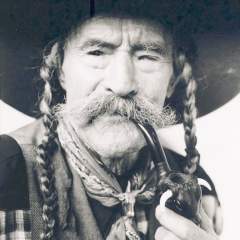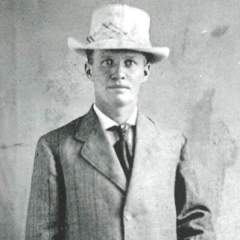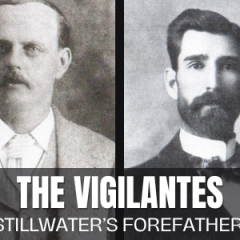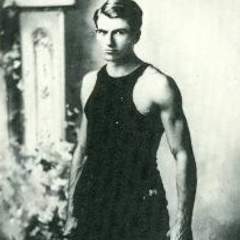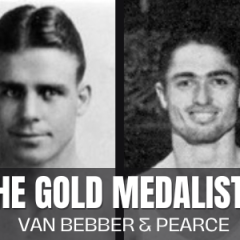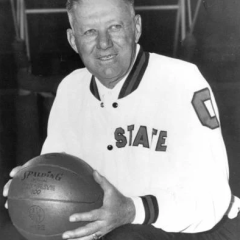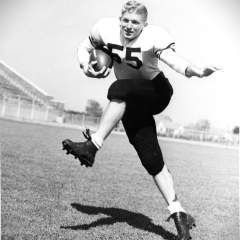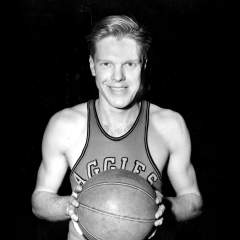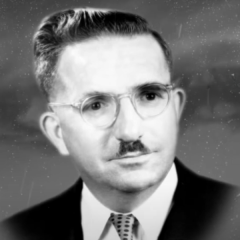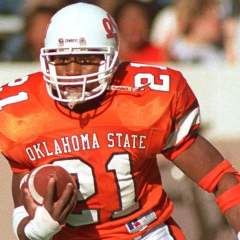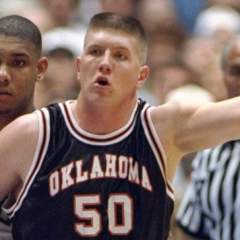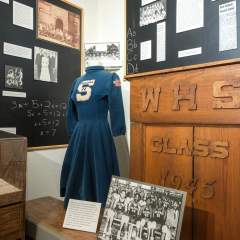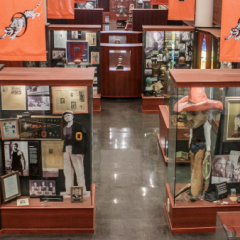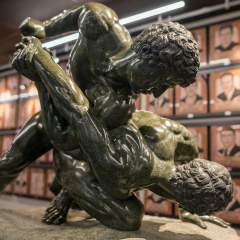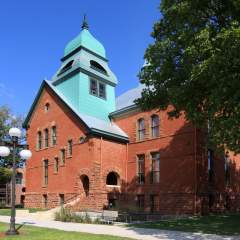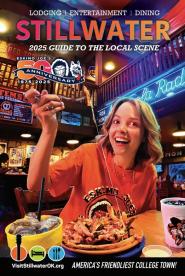OSU's First Gold Medalists: Robert Pearce & Jack Van Bebber
Stillwater is renowned for its vibrant college spirit and the exceptional athletes who have emerged from Oklahoma State University (OSU). Among these sports legends, two wrestlers stand out for their remarkable achievements on the world stage. On August 3, 1932, Robert Pearce and Jack Van Bebber became the first OSU athletes to win Olympic gold medals, etching their names into history and solidifying Stillwater's reputation as a center of wrestling excellence.
Robert Pearce: A Trailblazer in Wrestling
Robert Pearce, born on February 29, 1908, in Cushing, Oklahoma, was a trailblazer in the world of wrestling. Despite facing physical challenges in his youth due to constant allergies, Pearce's dedication to the sport led him to become one of the most celebrated wrestlers in Oklahoma's history. His remarkable journey from a young boy seeking strength through wrestling to an Olympic gold medalist is an inspiring tale of perseverance and triumph.
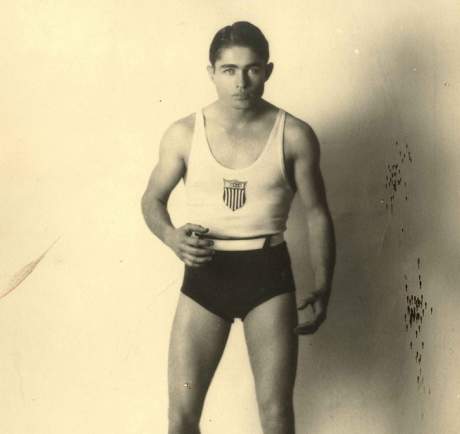
Cushing High School Success
Pearce's wrestling journey began in high school under the guidance of coach Matt Berg at Cushing High School. Berg, despite initial reservations about Pearce's frail physique, recognized his potential and allowed him to join the team. Pearce did not disappoint, achieving three undefeated seasons and winning three Oklahoma state championships. By the time he was a high school senior, he had already reached the semifinals of the 1928 Olympic trials.
OSU Collegiate Career
He honed his skills at Oklahoma A&M, now known as Oklahoma State University, under the guidance of the legendary coach Edward C. Gallagher. Pearce quickly became a standout performer, showcasing his remarkable agility and strength on the mat.
During his collegiate career, Pearce secured two NCAA championships in the 126-pound weight class in 1928 and 1929. His technical prowess and strategic approach to wrestling made him a formidable opponent. Pearce's dedication to the sport was evident in his rigorous training regimen, which helped him build a reputation as one of the best wrestlers in the country.
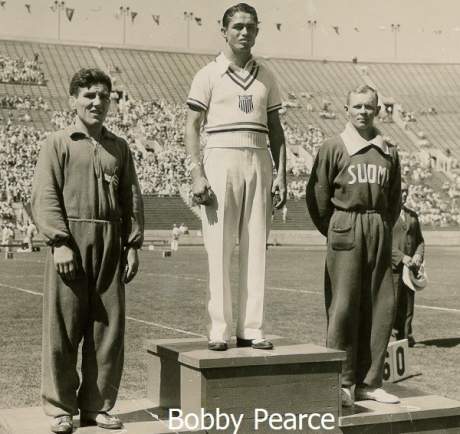
1932 Olympic Games
The 1932 Olympics in Los Angeles provided Pearce with the opportunity to prove his skills on the international stage. Competing in the bantamweight (56 kg) division, he faced off against some of the world's top wrestlers. With a combination of finesse and determination, Pearce outmaneuvered his opponents, ultimately winning the gold medal. Even though Jack Van Bebber also won a gold medal on the same day, Pearce's medal was awarded first, making him technically the first OSU athlete to win an Olympic gold medal. This victory not only established Pearce as a trailblazer for OSU but also underscored the university's growing influence in the world of wrestling.
Jack Van Bebber: Overcoming Adversity to Achieve Greatness
Jack Francis "Blackjack" Van Bebber's journey to Olympic glory was marked by resilience and determination. Born just before statehood on July 27, 1907, in Perry, Oklahoma, Van Bebber faced significant challenges early in life. At the age of six, he fell out of a horse-drawn wagon and was run over by its metal-rimmed wheels, resulting in a ruptured sternum and a punctured lung. Doctors were uncertain if he would survive, let alone be able to engage in strenuous activities. Defying all odds, Van Bebber not only recovered but also discovered a passion for wrestling that would shape his future.
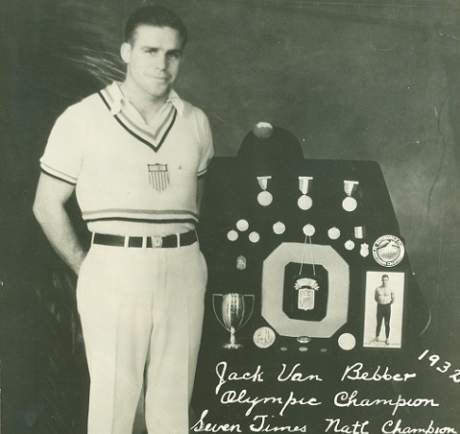
Perry High School: The Beginning of the Journey
Just 30 miles from Stillwater, at Perry High School, Van Bebber was once in a schoolyard fight which was broken up by the wrestling coach, Frank Briscoe. Briscoe sent the scrappers to the school gym to finish the matter. After donning boxing gloves, Van Bebber was knocked out cold. But his bravery and plucky spirit had impressed the wrestling coach. The coach took Van Bebber under his wing and mentored him, helping him excel at wrestling.
Oklahoma A&M Years: An Undefeated Record
Van Bebber attended Oklahoma A&M, where he trained under coach Edward C. Gallagher, who recognized his potential and nurtured his talent even further. Van Bebber's collegiate wrestling career was marked by an amazing undefeated record, as he claimed three consecutive NCAA national championships from 1929 to 1931 in the 155 and 165-pound weight classes. Known for his technical skill and relentless work ethic, he became a three-time All-American, capturing National AAU titles during his junior and senior years.
A Funny Thing Happened on the Way to the Olympics
The 1932 Olympic Games in Los Angeles presented Van Bebber with a chance to showcase his skills on the world stage. However, his path to victory was fraught with challenges. Due to a last-minute schedule change, Van Bebber found himself with only one hour until he needed to be on the mat without transportation to the arena for his final match. Undeterred, he ran several miles before receiving a ride from a passing motorist, arriving just in time for his bout.
In that final match, Van Bebber faced Eino Leino of Finland, a four-time Olympian with a formidable reputation. Despite the odds, and his harrying last-minute journey to the arena, Van Bebber's determination and skill prevailed, and he secured a hard-fought victory to win the gold medal. His triumph made him one of OSU's first Olympic champions, alongside Robert Pearce.
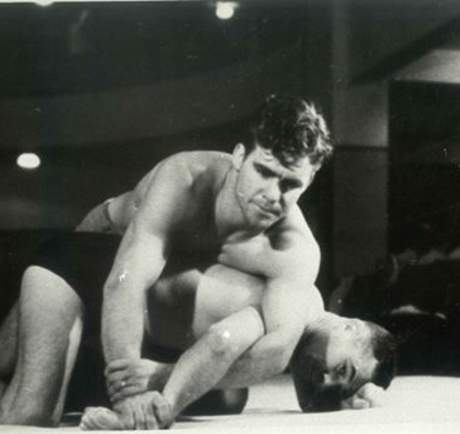
Legacy and Impact on Stillwater
Robert Pearce and Jack Van Bebber's Olympic victories in 1932 marked a significant milestone for Oklahoma State University and the city of Stillwater. Their achievements brought national recognition to OSU's wrestling program and inspired future generations of athletes to pursue excellence in sports. As trailblazers in the field of wrestling, Pearce and Van Bebber left an indelible mark on the history of Oklahoma State University and the broader wrestling community.
Their contributions to the sport and their community extend beyond their time on the mat. Van Bebber, for example, continued to impact the sport by teaching wrestling to the sons of Phillips Petroleum employees and Boy Scouts, nurturing the next generation of wrestlers. He also served in the infantry during World War II, spending three years in the Pacific theater, where he demonstrated the same courage and resilience that characterized his wrestling career.
In recognition of their outstanding achievements, both Pearce and Van Bebber have been honored in various halls of fame. Van Bebber was inducted into the inaugural class of the National Wrestling Hall of Fame as a Distinguished Member in 1976, and Pearce was inducted as a Distinguished Member in 1981. Visit the National Wrestling Hall of Fame & Museum right here in Stillwater to learn more about both of these wrestling greats and see their gold medals.
Explore Stillwater's Rich History!
Our People
•••Our Stories
•••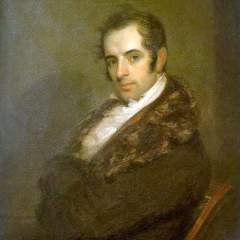

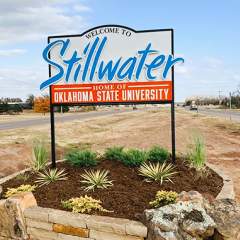

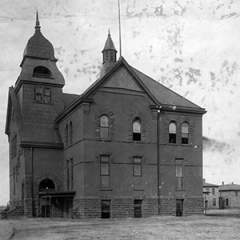

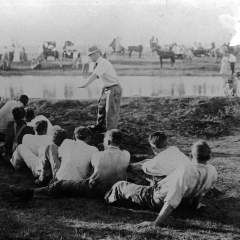

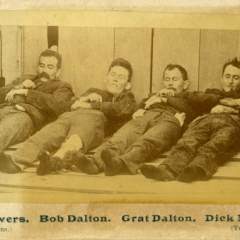

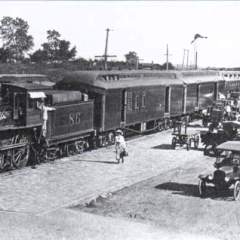

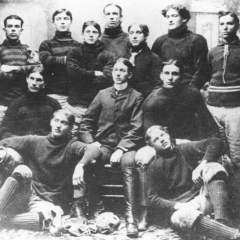

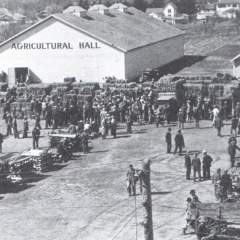

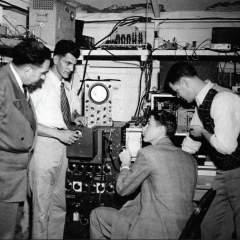

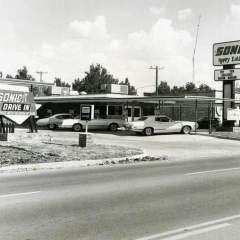

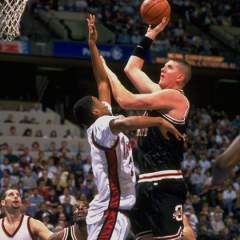

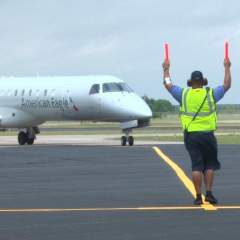

Our Museums
•••



